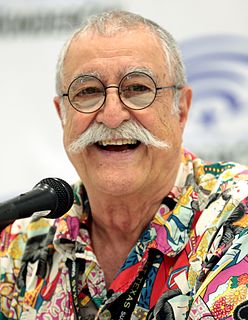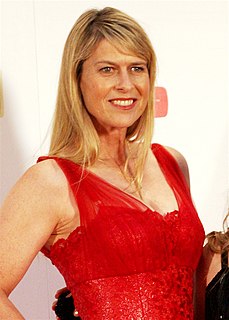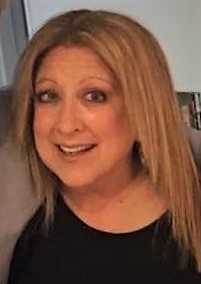A Quote by Leah Moore
The one difference between comics and, say, cinema or prose, is that you've only got so many pages, and publishers will work to a set page count. So you have to work out how many pages you actually have and how much to allow for each story.
Related Quotes
When I'm writing comics, I'm also visualizing how the story will look on the page - not even always art-wise, but panel-wise, like how a moment will be enhanced dramatically by simply turning a page and getting a reveal. It requires thinking about story in a way I never had to consider when I was writing prose.
Comics have the page as their real estate so you've only got that space to tell the story on. But the other thing only comics do is to have the words and pictures being simultaneous. Your brain is flicking between them and you can put in some excellent narrative devices; you can off-set things and juxtapose things between word and image.
The interview process tests not what the applicant knows, but how well they can process tricky questions: If you wanted to figure out how many times on average you would have to flip the pages of the Manhattan phone book to find a specific name, how would you approach the problem? If a spider fell to the bottom of a 50-foot well, and each day climbed up 3 feet and slipped back 2, how many days would it take the spider to get out of the well? .































